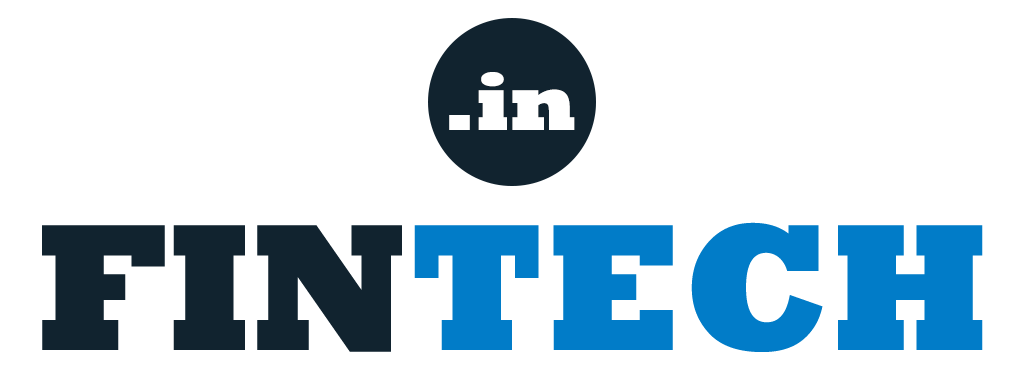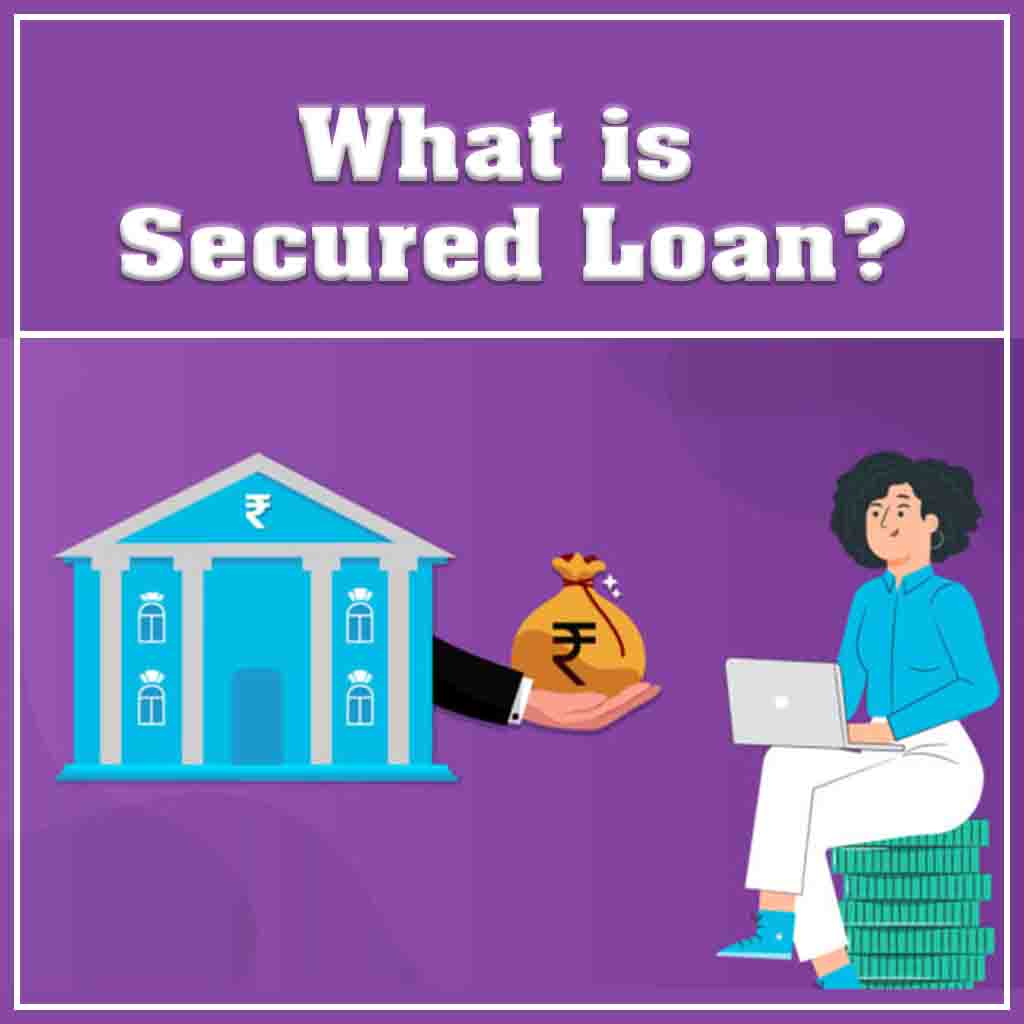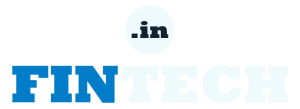Secured Loans
A secured loan is a type of loan that is backed by collateral. Collateral is an asset that is pledged as security for the loan, and can be seized by the lender if the borrower is unable to repay the loan. This type of loan is often used for larger purchases, such as a home or a car. In this blog article, we’ll explore what a secured loan is, how it works, and some of the benefits and drawbacks of this type of loan.
What is a Secured Loan?
A secured loan is a loan that is backed by collateral. This collateral can be a variety of assets, such as a home, a car, or other valuable property. The lender will evaluate the value of the collateral and the borrower’s ability to repay the loan before deciding whether to approve the loan.
How Does a Secured Loan Work?
When a borrower applies for a secured loan, they will be asked to provide collateral to secure the loan. The lender will then evaluate the collateral to determine its value, and may also review the borrower’s credit history and income to assess their ability to repay the loan.
If the lender approves the loan, the borrower will receive the loan funds and be responsible for making regular payments, including interest and any other fees associated with the loan. If the borrower is unable to make their payments, the lender may seize the collateral to recover the outstanding debt.
Additional Reading
Benefits of Secured Loans
One of the primary benefits of a secured loan is that it can allow borrowers to access larger amounts of money at a lower interest rate than unsecured loans. This is because the collateral reduces the lender’s risk, making the loan less risky and more affordable for the borrower.
Additionally, secured loans can be a good option for borrowers with poor credit or a limited credit history, as the collateral provides additional security for the lender.
Drawbacks of Secured Loans
The primary drawback of a secured loan is the risk of losing the collateral if the borrower is unable to make their payments. This can be particularly problematic if the collateral is a home or a car, as losing these assets can have significant financial and personal consequences.
Additionally, secured loans may require more paperwork and documentation than unsecured loans, and may take longer to process.
Types of Secured Loans
There are several types of secured loans, including:
- Mortgage loans: These are secured loans used to purchase a home or other real estate.
- Auto loans: These are secured loans used to purchase a car or other vehicle.
- Secured personal loans: These are personal loans that are backed by collateral, such as a savings account or other valuable property.
- Secured credit cards: These are credit cards that require a deposit as collateral, typically equal to the credit limit.
Conclusion
Secured loans can be a good option for borrowers who need to access larger amounts of money at a lower interest rate. However, they do come with the risk of losing the collateral if the borrower is unable to make their payments. As with any type of loan, it’s important to carefully consider the terms and conditions before making a decision.
FAQs – Frequently Asked Questions
Q. What is a secured loan?
A. A secured loan is a type of loan where the borrower pledges collateral, such as a home or a car, to secure the loan. If the borrower defaults on the loan, the lender has the right to seize and sell the collateral to recover their money.
Q. What are some examples of secured loans?
A. Some examples of secured loans include home loans, car loans, and secured personal loans.
Q. How is the interest rate on a secured loan determined?
A. The interest rate on a secured loan is determined by various factors, including the borrower’s credit history, the amount of the loan, the value of the collateral, and the lender’s policies.
Q. What are the advantages of a secured loan?
A. The advantages of a secured loan include lower interest rates, longer repayment terms, and larger loan amounts.
Q. What are the disadvantages of a secured loan?
A. The disadvantages of a secured loan include the risk of losing the collateral if the borrower defaults on the loan and the potential for higher fees and charges.
Q. How do I apply for a secured loan?
A. To apply for a secured loan, you need to provide the lender with details about the collateral you are offering, your income, employment status, and credit history. The lender will then evaluate your application and determine whether to approve the loan.
Q. What are the eligibility criteria for a secured loan?
A. The eligibility criteria for a secured loan vary depending on the lender, but generally include having a good credit score, a stable source of income, and adequate collateral.
Q. Can I use the loan amount for any purpose?
A. Yes, you can use the loan amount for any purpose, such as home renovations, purchasing a car, or consolidating debt.
Q. What happens if I default on a secured loan? If
A. you default on a secured loan, the lender has the right to seize and sell the collateral to recover their money. In some cases, the lender may also take legal action to recover the remaining balance.
Q. How can I reduce the risk of defaulting on a secured loan?
A. To reduce the risk of defaulting on a secured loan, make sure that you can afford the monthly payments, maintain a good credit score, and have adequate insurance for the collateral.
Q. Can I prepay a secured loan?
A. Yes, you can prepay a secured loan, but you may be charged a prepayment penalty by the lender.
Q. How long does it take to get a secured loan?
A. The time it takes to get a secured loan depends on the lender’s policies and the complexity of the loan application process. It can take anywhere from a few days to a few weeks to get a secured loan.
Q. Can I negotiate the interest rate on a secured loan?
A. Yes, you can negotiate the interest rate on a secured loan with the lender, especially if you have a good credit score and a stable source of income.
Q. Can I refinance a secured loan?
A. Yes, you can refinance a secured loan to get a lower interest rate or longer repayment term. However, you may need to provide new collateral or pay additional fees and charges.
Q. What is the difference between a secured loan and an unsecured loan?
A. A secured loan requires collateral to secure the loan, while an unsecured loan does not require collateral. Unsecured loans generally have higher interest rates and shorter repayment terms than secured loans.


